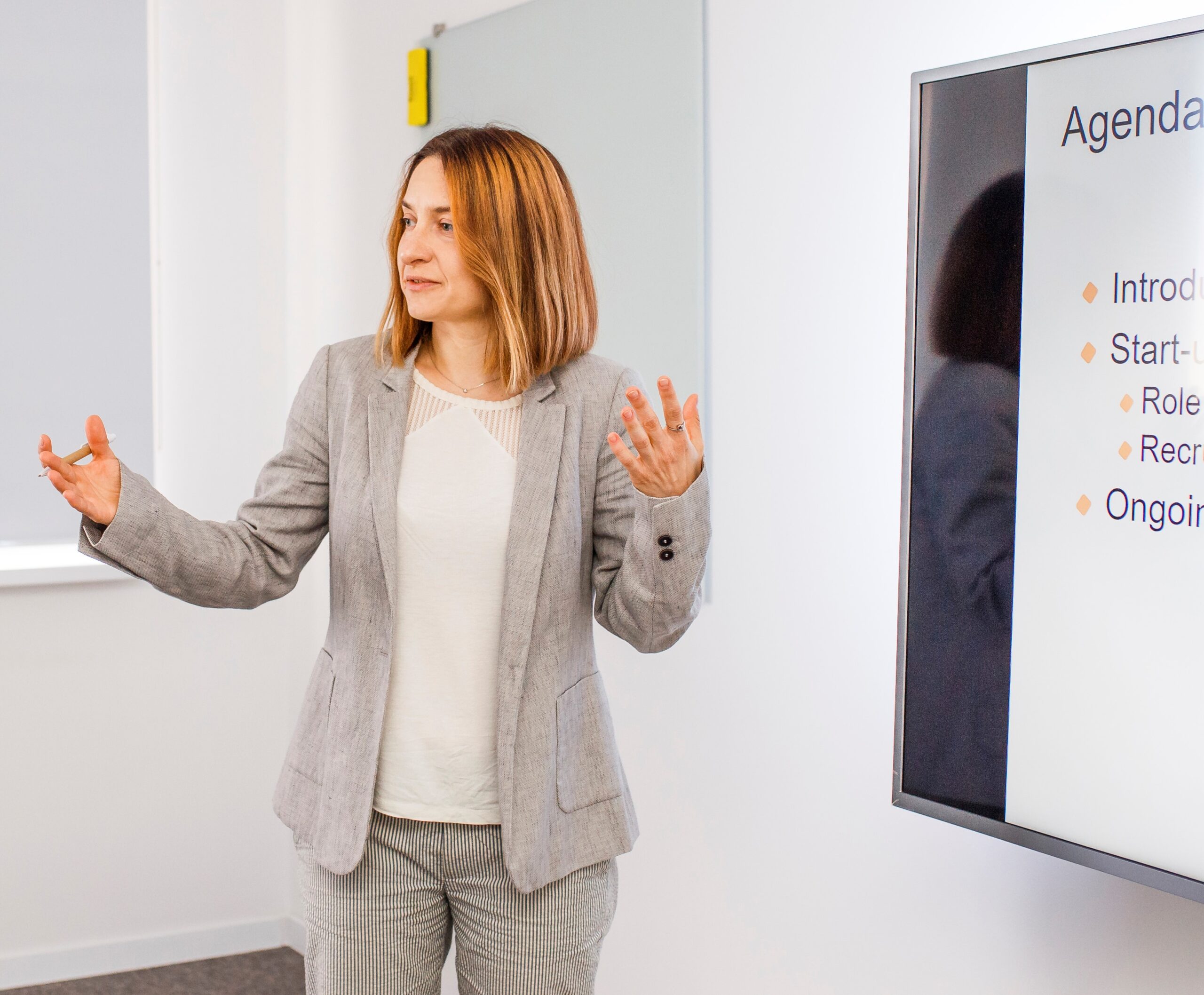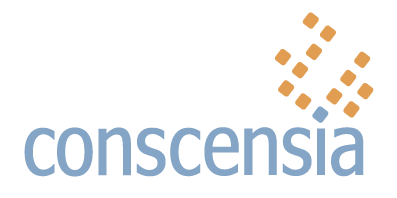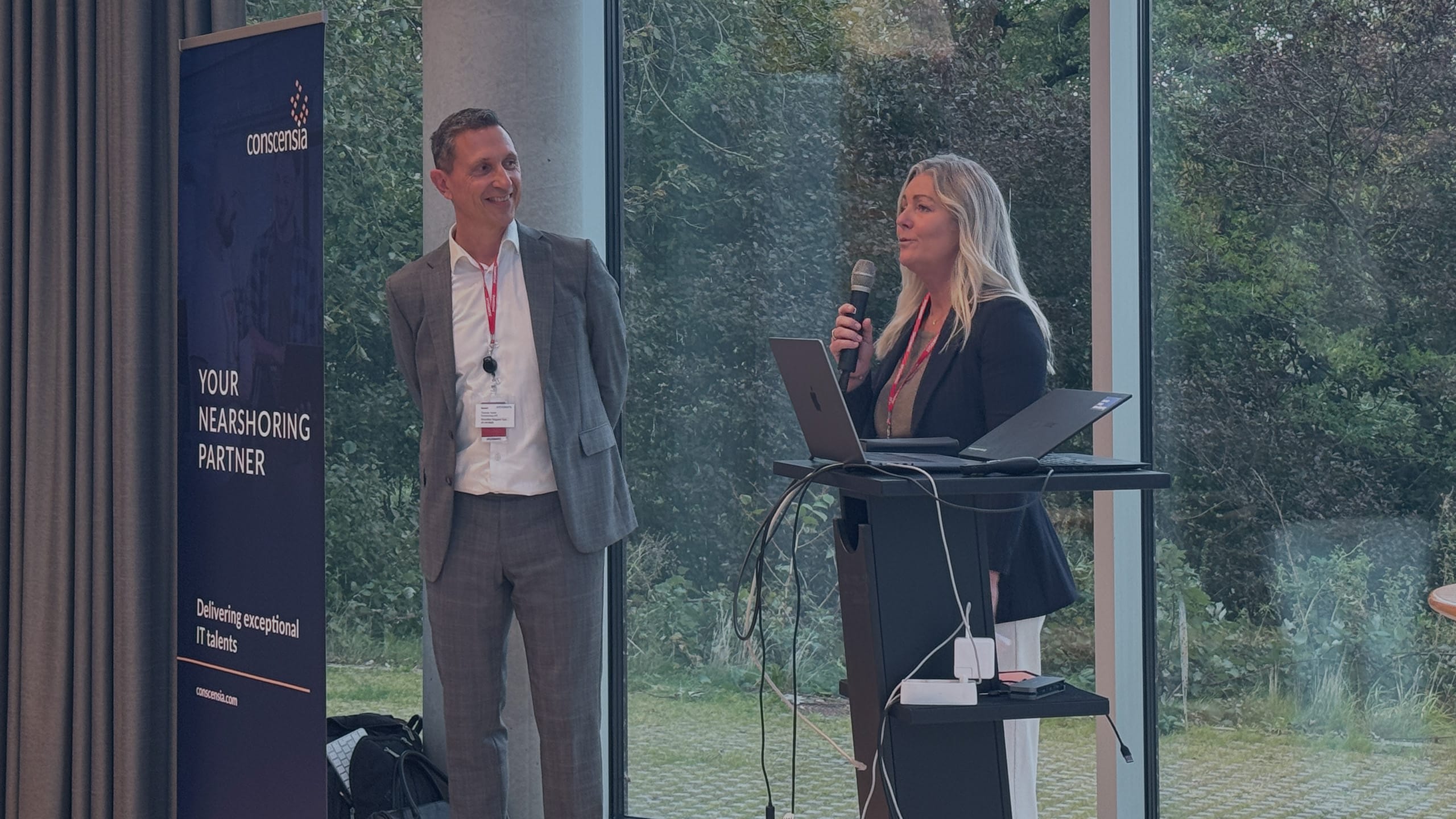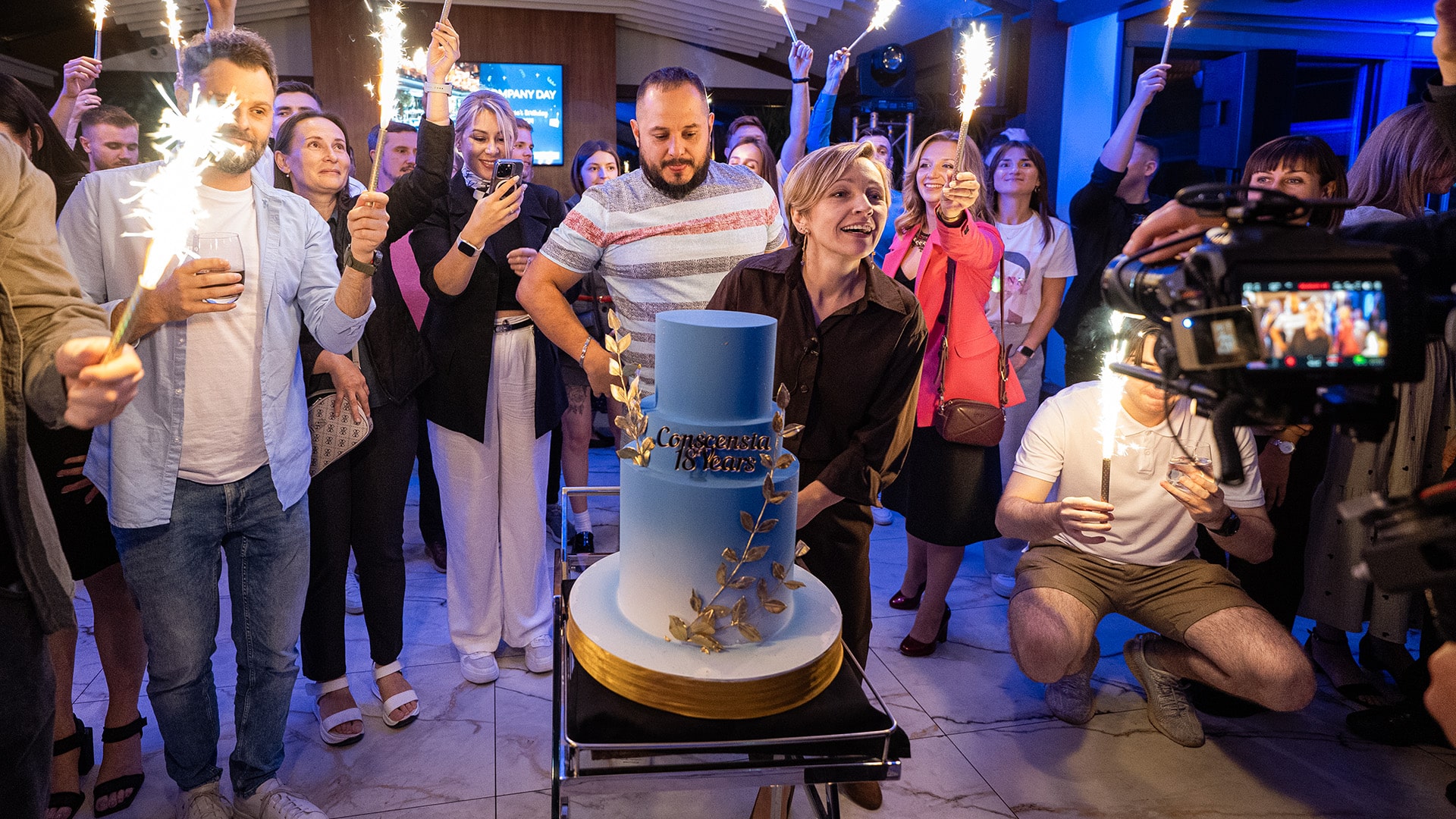How Cultural Intelligence Helps Companies in a Post-Pandemic World
19. December 2022
In this article, Halyna Shporlyuk, Delivery Director at Conscensia, shares her updated experience on Cultural Intelligence and how it empowers communication and performance in a pure virtual environment. Halyna is Certified CQ Trainer by Living Institute, Denmark.
Almost three years have passed since we all had to deal with the personal and professional restrictions of COVID-19. Viewed from this perspective, the worst effects of COVID are over. Nonetheless, the world will never quite return to what it was in 2019.
Challenges don’t end, they just change and in 2022 Conscensia learnt how to conduct normal business in a country at war. Amongst the irreversible changes is once again workplace culture, and it seems inevitable that the trend towards remote work will persist. It means that we will continue using virtual technology and reduce personal contact.

Digital transformation still requires working with people. Research shows that virtual communication emphasizes communication issues. It becomes almost impossible to view non-verbal signals and understand local context. Also, it almost excludes the possibility for team members to interact with each other in a non-formal way and establish a warm relationship. An additional challenge comes from a different interpretation of e.g. silent pauses, the relative importance of information or time perspective. All these factors can increase tension and reduce trust within a team and this leads to reduced effectiveness. But there is a way to get round this challenge.
Three pillars of effective cross-cultural communication
A study from the Harvard Business Review shows that in-person communication is about 34 times more productive than online messengers. Additionally, statistics say that 93% of respondents choose to physically attend meetings when it comes to negotiation with people from different languages and cultural backgrounds. In a perfect world the best way to mitigate cultural biases is to conduct onboarding meetings and team-buildings, where all team members can have their time. In reality it is not that simple anymore due to different restrictions including travel.

Yet, it occurred that Conscensia is a little bit ahead, as we have been working on cultural difference factors for more than a decade. For almost 16 years we held special CQ workshops, where our people learnt to work with such cultural parameters as Communication, Power Distance, Time Perspective, Collectivism vs Individualism and others. All of them have a tremendous impact on the way we work everyday, and most people don’t even question why we do some things in a certain way.
However, some of them define the success of the multicultural team that works in a purely virtual environment. Those are Communication, Time Perspective and Trust. That’s why we are focusing on them during workshops and in this article.
Communication
Effective Communication means effective cooperation. A study shows that communication usually makes a round trip from senders to receivers and back. If they communicate effectively, both sides will either get the needed result or become frustrated. But how do you communicate effectively with a person whom you have never seen, and in a way that will lead to long term successful cooperation? The key to success is not only understanding the cultural background and context of the person on the other side of the monitor, but also to be self aware of your own cultural and communication style. Sounds simple in theory but it may be tricky in practice as online meetings don’t give us the possibility to “read the air” or to observe the gestures or body language. We learn a lot about our partner’s culture but also focus on the way we think and act in our culture.
Time perspective
Deadlines, meetings, time agreements are all part of daily work routine. We know that there are cultures which are very time focused and like living and working according to schedule in their planners, and there are also cultures which focus on the process and “being in the moment” rather than sticking to the calendar all the time. Aligning in advance and agreeing on common rules of work planning, meeting attendance, and what “on time” means will help with not only being effective at business meetings, but also to build trust and gain mutual respect with colleagues across the globe.
Proper preparation & supporting tools need to be in place as well – video for a meeting, good internet, decent light and proper attire (especially for home office), agreed time table and purpose of the conversation, communication follow-ups etc.
Trust
Trust has been one of the core Conscensian values for more than 16 years. The pandemic proves that it is not only declared but deeply incorporated in Conscensian corporate DNA. Trust, transparency and responsibility, our key values, became vital in keeping an effective work environment when Covid hit us, and all of the sudden everyone had to stay in, and work in a totally virtual environment.
What else has changed for Conscensia in a post pandemic world?
Empowered with CQ knowledge and tools we also made a bunch of improvements in our organizational process. We adopted a hybrid model of work where some teams can gather in the office, when it is necessary, while others can still work remotely. Also we updated our pool of digital tools and acquired cyber security as a must-have skill (link to the article about cyber security week). We are ready for new challenges in a newly reconnected world.
Andre nyheder
IT-budget 2025: Er danske virksomheder klar til prisstigninger?
november 6, 2024
IT og forsvar event 4 og 7 oktober
oktober 11, 2024




